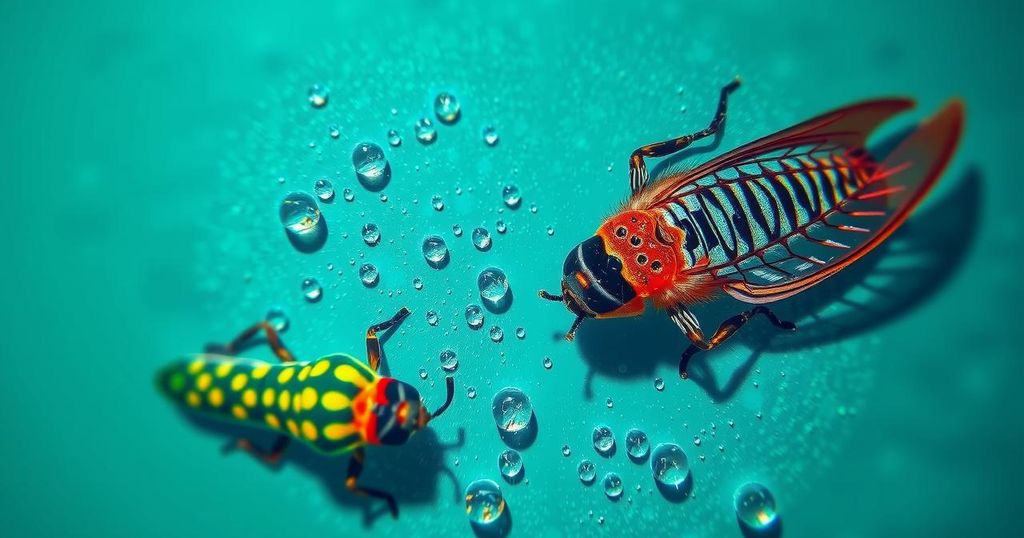Seychelles and Kenya Collaborate on Biological Risk Assessment Tool

Experts from Seychelles and Kenya are developing a national biological risk assessment tool as part of the European Union’s CBRN Centres of Excellence Project 99. A workshop is underway to train 30 professionals from various sectors, emphasizing the prediction and management of biological threats. The project will aid in preparing these countries for potential biological incidents until its completion in 2026.
In a significant initiative aimed at enhancing biological safety, experts from Seychelles and Kenya are collaborating to develop a national biological risk assessment tool. This endeavor, part of the European Union’s CBRN Centres of Excellence Project 99, will facilitate the identification and assessment of potential biological threats over the next five years. A workshop is currently being held at the Savoy Resort and Spa, gathering 30 professionals from health, agriculture, and environmental sectors to strategize responses to biological incidents.
The workshop participants are pivotal stakeholders trained to manage biological risks as they relate to human, animal, and environmental health. Dr. Jimmy Melanie from Seychelles noted, “This training will help us map our risks, as we can see there is so much development happening that risks can be chemical or radiology or even biological.” The emphasis on biological risks encompasses various diseases that could affect both animal and human populations, highlighting the interconnectedness of these areas.
Prior to this workshop, the experts underwent training in Nairobi where the biological risk assessment tool was introduced. The project, funded by the European Commission and supported by the United Nations Interregional Crime and Justice Research Institute (UNICRI), is expected to continue until 2026. Dr. Melanie indicated that the outcomes of this collaborative effort would empower authorities to prepare adequately for potential biological threats.
Throughout the workshop, participants are expected to assess worst-case scenarios, potentially including the likelihood of pandemic occurrences in the near future. Joris Sprokholt, a key expert in the project, stated, “Probably one scenario will be what is the likelihood of a pandemic happening in the next five years and what will be the impacts for the Seychelles and Kenya.” The insights gathered will serve not only local authorities but also various stakeholders, including NGOs and veterinary experts, underscoring the importance of a comprehensive approach to health that recognizes the links among human, animal, and environmental health.
The development of a biological risk assessment tool is important for identifying and managing potential biological threats in Seychelles and Kenya. This project is part of a larger effort funded by the European Commission to enhance preparedness against chemical, biological, radiological, or nuclear incidents in Eastern and Central Africa. The project fosters cross-sector collaboration among health, agricultural, and environmental experts, reflecting a multi-faceted approach to identifying and responding to biological risks.
The collaboration between Seychelles and Kenya in developing a biological risk assessment tool represents a proactive approach to managing potential biological threats and enhancing public health responses. Through workshops and expert training, stakeholders are poised to address imminent risks effectively, informed by comprehensive assessments and strategic planning. The emphasis on interconnectivity across human, animal, and environmental health will further strengthen the capacity to mitigate future biological incidents.
Original Source: www.seychellesnewsagency.com






